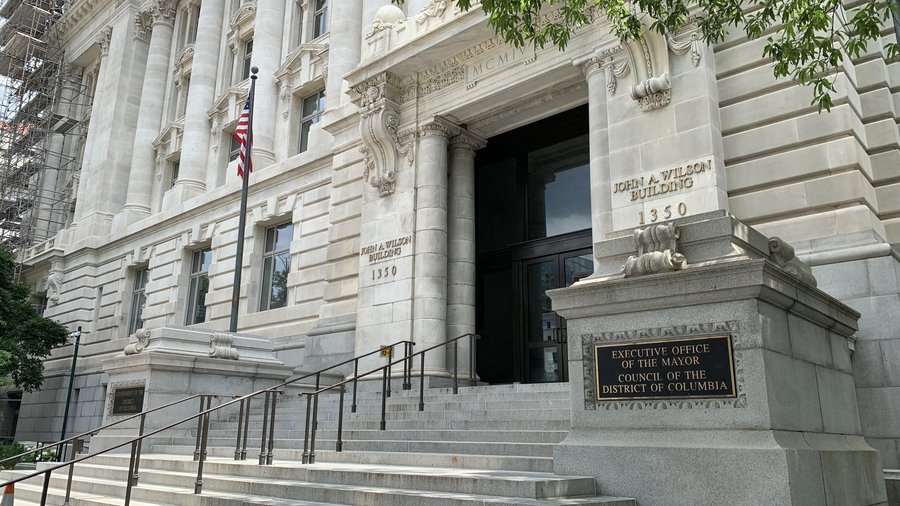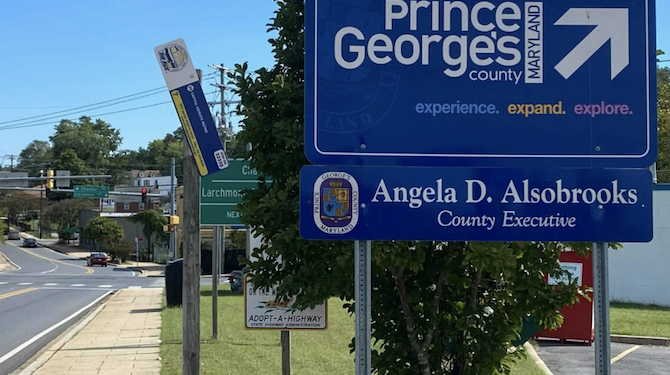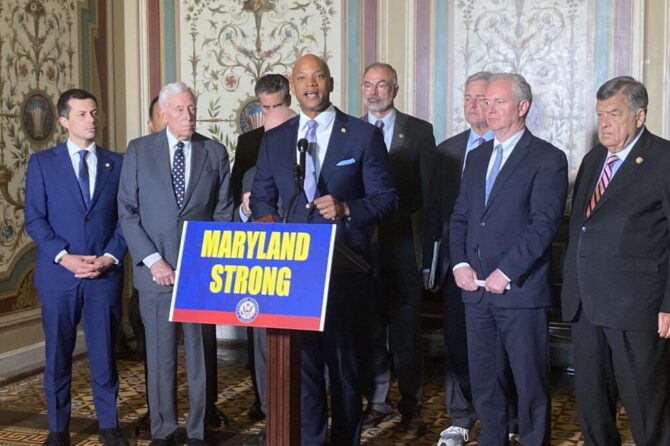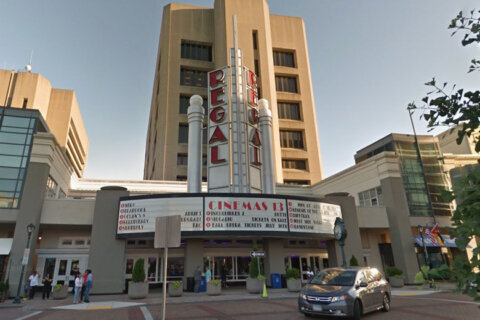WASHINGTON BUSINESS JOURNAL: The District is aiming to spend a record sum with small businesses this year in hopes of kickstarting the local economy.
D.C. on Thursday released its annual Green Book, a guide to its spending and procurement plans for the year, and set a goal to spend $1.23 billion with small businesses. At an event downtown, Mayor Muriel Bowser said the D.C. government would be an economic driver for small business enterprises, as a way to encourage business growth in the region while making government spending “predictable, sustainable, defensible.”
“This is a tool, and our job in the government is to create opportunities. Your job is to go and get them,” Bowser said.
D.C. has used the Green Book as a way to help businesses better understand government bureaucracy, but also to encourage companies to gain small business enterprise certification. That helps them do business with other government entities, too. When it released its first Green Book for fiscal 2016, it set and met a goal of $317 million with small businesses. Last year it hit $1.16 billion,Bowser said Thursday.
D.C. says its fiscal 2024 budget includes $15.95 billion in spending, but $8.3 billion of that spending is not small-business enterprise eligible. Another $5.2 billion of spending is personnel costs, which aren’t subject to SBE requirements.
The spending includes $705 million across 10 target industries, including construction, facilities and maintenance, health care, information technology and financial services.
The District, though, has been looking for ways to improve its interaction with small business. A third-party study the D.C. government released last yearfound that while it spent $8 billion with businesses operated by people of color and women, only a small number of companies are winning a vast majority of the work. The study recommended morerequirements for contractors to seek smaller companies, while unbundling contract vehicles so smaller companies can find a way in.
The District is also adding more economic incentives to further help businesses in the city — including a new downtown grant program that will fund business owners opening or expanding theirbusinesses to space that has been vacant for more than six months, Nina Albert, acting deputy mayor for planning and economic development, said at the event. The city wants to encourage companies to grow as a result of winning business deals, especially in downtown.
“This year’s edition is not only out call to action, it’s an invitation to experience downtown vitality, contribute to downtown’s energy and participate in its forever-changing footprint,” Rosemary Suggs Evans, interim director of D.C. Department of Small and Local Business Development, said at the event.










